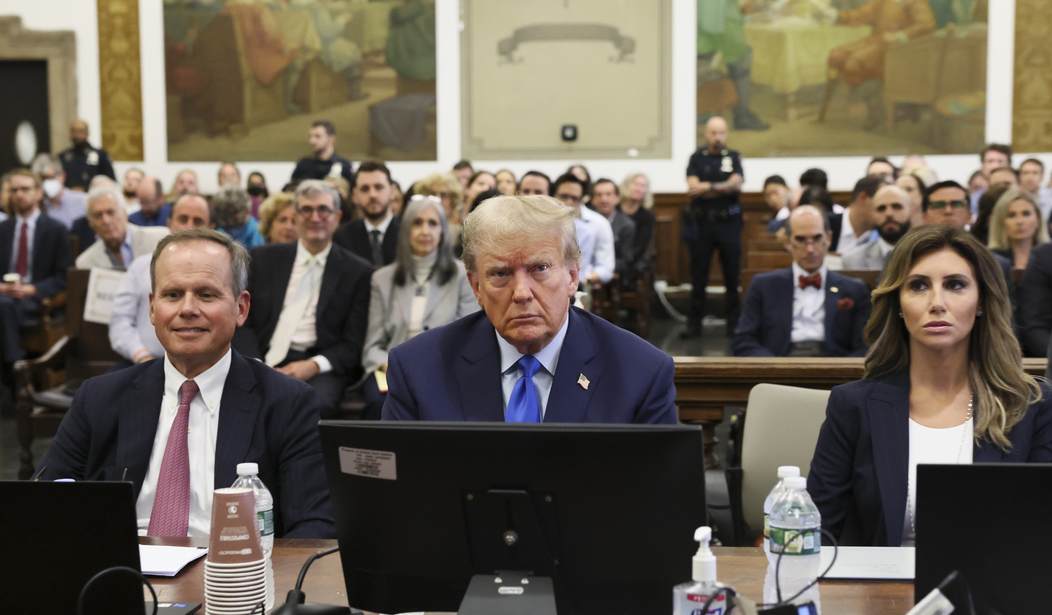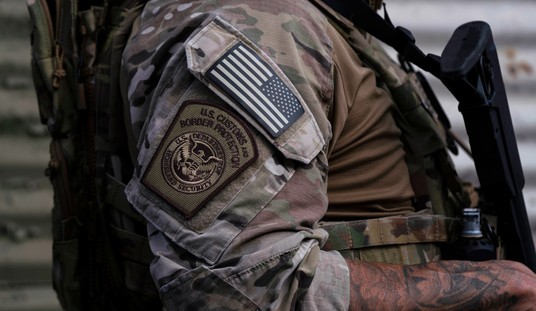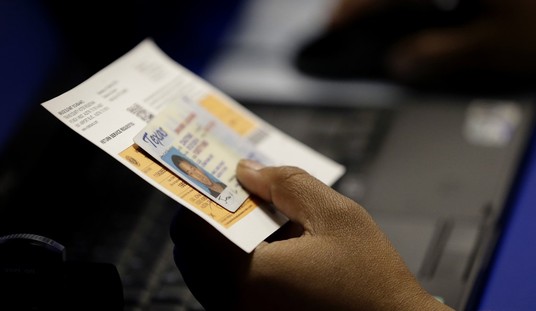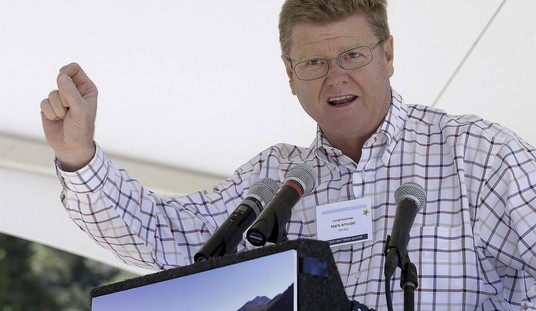On Tuesday, the U.S. Court of Appeals for Washington, D.C., rejected former President Donald Trump's petition to bar Special Counsel Jack Smith from accessing the former president's Twitter account.
A federal appeals court has rejected former President Trump’s request to block Special Counsel Jack Smith from accessing his then-Twitter feed as part of his election interference case.
The U.S. Court of Appeals for Washington, D.C., ruled on the matter and denied further review. The decision comes after an appellate panel had rejected the original request.
Twitter, now "X," had initiated the appeals, seeking to block special counsel access to the records the company held.
Smith had noted he could have gotten the material from the National Archives, which gained the material after Trump left office, but that would have triggered notice to Trump, so a search warrant was requested through the company under seal and with a non-disclosure notice. That, in turn, prevented Trump from raising any executive privilege claims over the digital communications.
Special Counsel Jack Smith has already obtained location data and draft tweets in addition to completed and posted messages. It's unclear as to the legal status of location data and draft messages vs. messages completed and sent, which are presumably in the public domain. Messages sent over social media are generally considered to lack an accompanying expectation of privacy; for example, in US v. Meregildo, the presiding judge ruled that defendant Melvin Colon's Facebook record was admissible as evidence; Melvin Colon had, essentially, given up an expectation of privacy when he hit "Send," and it appears this standard is now applied to the former president.
Four of the Appeals Court judges dissented.
The four conservative judges on the appeals court dissented and would have granted en banc review.
Judge Rao (a Trump bench appointee) wrote a statement, saying the executive privilege claims should have been addressed.
"The absence of a presumptive privilege particularly threatens the Chief Executive when, as here, a third party holds presidential communications. See Mazars, 140 S. Ct. at 2035. And to be sure it aggrandizes the courts, which will have the power to determine whether executive privilege will be considered before its breach. Without a presumption for executive privilege, new questions will invariably arise, particularly because nothing in the panel’s opinion is limited to a former President. What if, in the course of a criminal investigation, a special counsel sought a warrant for the incumbent President’s communications from a private email or phone provider? Under this court’s decision, executive privilege isn’t even on the table, so long as the special counsel makes a showing that a warrant and nondisclosure order are necessary to the prosecution.
See Related: ANALYSIS: Jack Smith's Prized March 4 Trial Date in Jeopardy As SCOTUS Comes Knocking in US v. Trump
Special Counsel Requests Immediate Supreme Court Review on Trump Presidential Immunity Issue
Attorneys for X/Twitter joined the effort to prevent Smith from accessing the records but, in the end, were ordered to hand over a list of data about the account "@realdonaldtrump."
President Trump is expected to ask the Supreme Court to rule on the request.













Join the conversation as a VIP Member